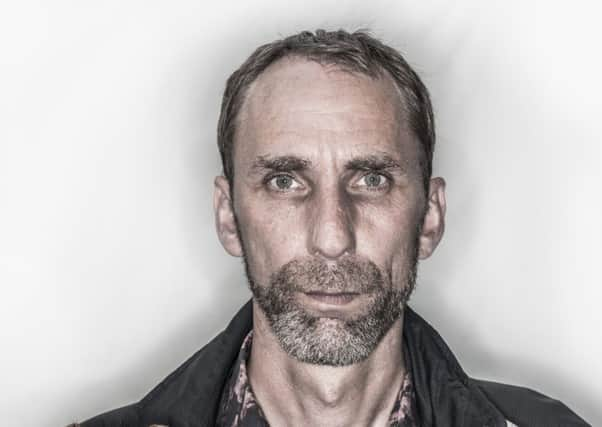Book review: Will, by Will Self


Will Self, successful novelist and journalist, revisits his drugs-dominated youth in the third person in this memoir of addiction and a spell, much resented, in rehab. It should make for grim reading, alleviated by shafts of gallows humour. We need those shafts for, without them, the memoir would be numbingly boring, just one damn search for a fix after another, just one more account of the miseries of deprivation, just one more invitation to watch him wallow in degradation. For those fortunate never to have known the magnetic force of addiction, the most surprising thing is probably the revelation of the addict’s self-satisfaction, even in moments of abject misery, echoing that line Lowry gave to his Consul. There are glimpses of family life: his contempt for what seem to him his father’s intellectual pretensions, his resentment of his unfortunate mother’s loyalty which was – of course – felt as nagging. “Yes,” the addict screams, “she tells me I’m hurting her, but what about me, what about me?” An addict’s self-destructive life is as selfish as suicide, and, unlike suicide, it goes on and on.
Many will surely skip the repeated accounts of shooting up vast qualities of cocaine and heroin, the reminiscences of his wildly comic-and-miserable junkie friends, the squalid passing out in a public lavatory in Delhi. It goes on and on, made even less tolerable by Self’s extravagantly high-coloured, self-admiring prose. Your eye runs more easily over paragraphs than it rests on sentences.
Advertisement
Hide AdThe best section by some way is the last when, aged only 24, he reluctantly consents to go into rehab. There are sharp portraits here of the counsellors, themselves reformed addicts, tiresomely, ridiculously pleased with themselves. Naturally he resents them, naturally he mocks the bland, goody-goody language of the Alcoholics Anonymous Twelve Step Recovery programme with its demand that you seek help from your Higher Power. You don’t have to call this “God” if you don’t like the idea. “If you have difficulty with the G-word” one says, “then we can think of it as an anagram, see Good, Orderly, Direction – that’s all.” To which, prissily superior as ever, Self retorts: “You mean, acronym, Bryn – it’s an acronym”.
What Self captures very well in this last section is the addict’s desperate arrogance, the fear that if he surrenders there will be nothing left of him, that nothing of his true self – the self that soars to the skies and grovels in the gutter – will remain. He’ll be ordinary, maybe even the sort of contemptible person who catches a commuter train every morning, that his world will no longer be luridly technicoloured but drably grey. How can you accept the idea of living on an even keel when you’ve known what it is to soar to the sky and sink deep into the inferno? How can you face the prospect of shedding the image you had of yourself as a superior being? That such an image is absurd has nothing to do with the case.
The paradox of addiction is that one voice in your head cries or moans “stop the world – I want to get off” – while the other, even at moments of degradation, insists on your unique importance. All this Self captures well. He sees both the absurdity and glory of the self-destructive life. As we know he has survived to write some 20 books, all interesting, most highly-praised. What he retains perhaps is the deep-down conviction that the true Will is the man standing on an empty road with 57 pence in his pocket and in urgent need of a fix. I guess the recovered addict who never entertains that suspicion is fortunate. Allan Massie
Will, by Will Self, Viking, 390pp, £14.99